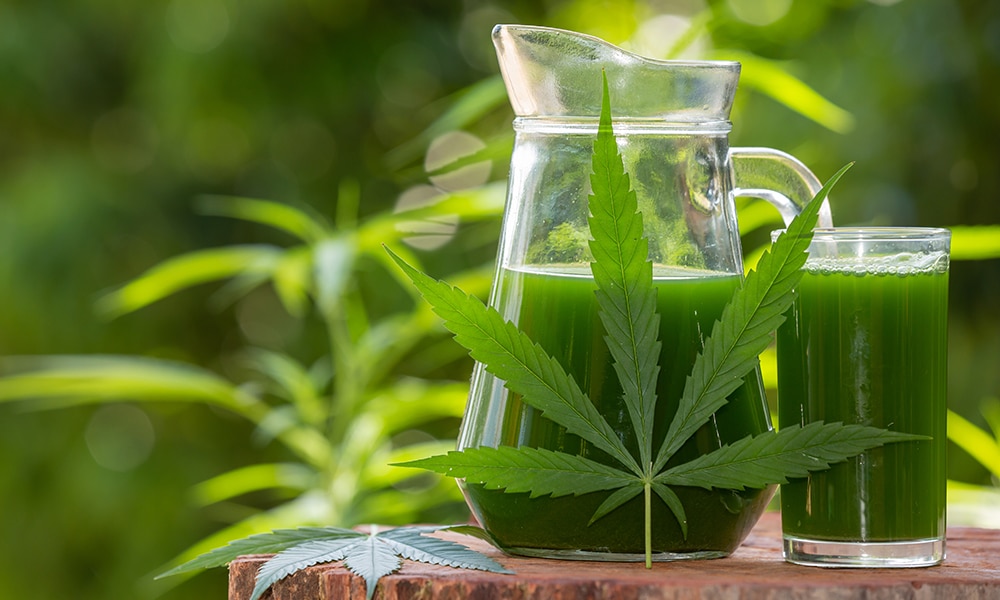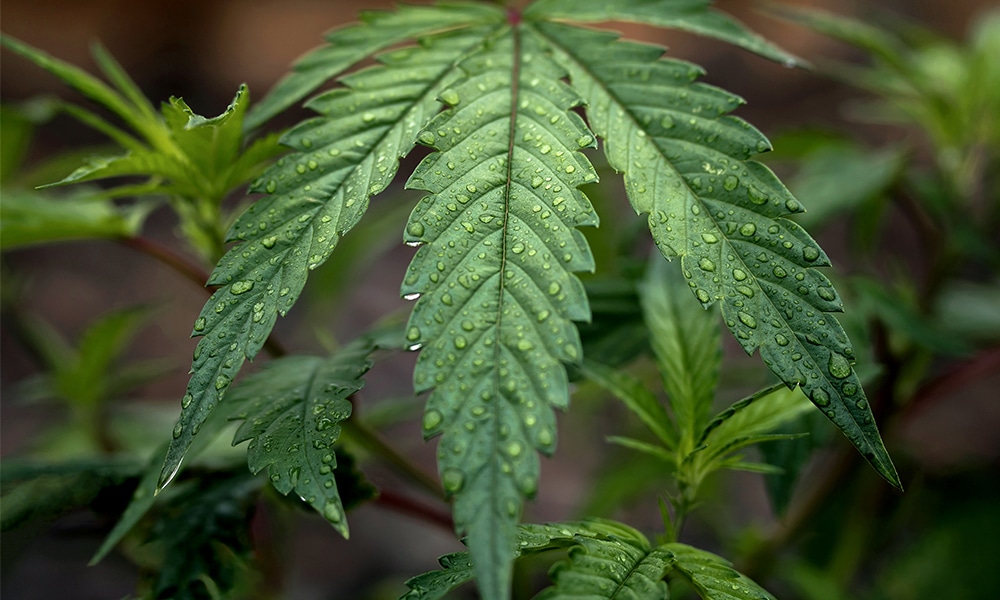Even if you’ve never used cannabis before, there’s a good chance that you know at least a little about THC. It’s generally one of the most abundant cannabinoids in cannabis products, and it provides the strongest intoxicating effects. It’s also one of the most highly sought-after components of the plant. Some cultivators breed specifically to achieve higher THC concentrations. What many don’t know is that there’s practically no THC present in raw plant material. It converts from THCa. Here’s what you need to know about THCa vs THC.
The Difference Between THCa and THC
All cannabinoids in the cannabis plant stem from cannabigerolic acid (CBGa). As the plant matures, natural enzymes start to convert CBGa into one of three major precursor compounds, cannabidiolic acid (CBDa), cannabichromenic acid (CBCa), and tetrahydrocannabinolic acid (THCa).
THCa is the precursor to THC. They differ greatly in chemical makeup and how they interact with your body. One of the most noticeable differences for anyone who has tried both cannabinoids is that THC causes the user to become high, and THCa does not. THCa also can’t bind with the cannabinoid receptors in your endocannabinoid system, where THC readily connects with CB1 receptors. Despite this, THCa still provides some significant benefits.
How THCa Becomes THC
THCa converts into THC when it’s exposed to heat. There are a few ways this can happen:
- During the drying process
- Exposure to sunlight
- Decarboxylation
- Smoking and vaping
Benefits of THCa
THC has some well-documented benefits. It’s known to help treat pain, inflammation, nausea, seizures, anxiety, and more. THCa provides several significant benefits as well, such as:
- Providing neuroprotective benefits and relieving symptoms of neurodegenerative diseases
- Reducing inflammation, such as that caused by IBS, arthritis, and lupus
- Alleviating nausea and boosting appetite
Some studies are also showing that THCa may help to reduce weight gain and inflammation linked to diabetes.
How to Take THCa
THCa is highly bioavailable in raw cannabis. The important thing to keep in mind is that you don’t want to heat the plant. Doing so starts converting THCa into THC.
One of the most popular ways to consume it is to juice the plant material. The process is no different than juicing other greens; all you need to do is run the leaves through your juicer. In addition to THCa, you also get the benefit of taking in the other nutrients, such as vitamin C, vitamin K, calcium, folate, iron, and omega-3 fatty acids. While THCa won’t get you high, it’s important that you practice the same “start low and work your way up” practice that you would use with any other cannabis product.
Another popular method of consumption is raw THCa tinctures. These products allow for accurate dosing, allowing you to know exactly how much THCa (and other cannabinoids) you’re getting.
You wouldn’t be able to enjoy the psychoactive effects and myriad of mental and physical health benefits of THC without THCa. Even though it converts into the more well-known cannabinoid, THCa does provide many of its own unique benefits. The next time you’re visiting your local dispensary, take a look at (or ask to see) what THCa products might be available.


